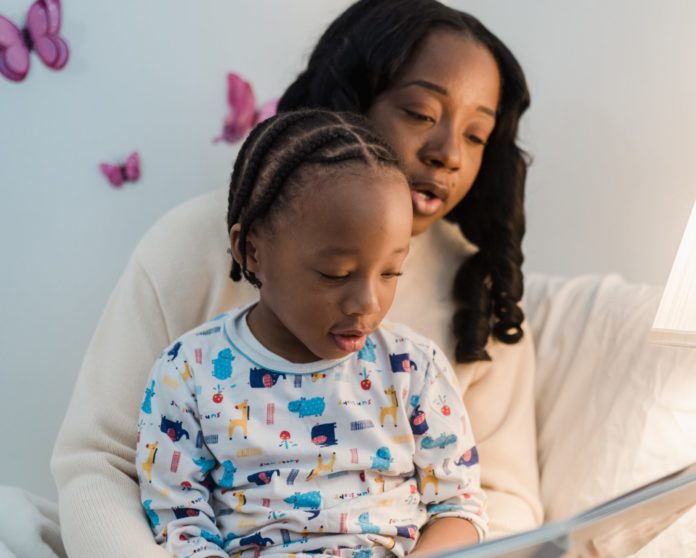In the latest statistics released from the Progress in International Reading Literacy Study (PIRLS 2021) – it has been revealed that a staggering 81% of Grade 4 learners in the country can’t read for meaning.
This translates to 8 out of 10 children needing help to locate and retrieve clearly stated information in a simple and easy text.
In the previous PIRLS study – conducted in 2016, before the Covid-19 pandemic – it found that 78% of Grade 4’s couldn’t read for meaning.
Stellenbosch University’s Dr Nic Spaull says the Covid-19 pandemic is a major contributing factor, and the latest results show we have lost a decade of progress, essentially taking us back to 2011 levels of achievement.
Worryingly, he says there is currently no national catch-up plan to make up for learning losses.
How did the province’s perform in the PIRLS?
The report shows northern rural provinces experienced the largest declines in reading with coastal provinces experiencing the smallest declines.
Four provinces experienced declines of more than a full year of learning between 2016 and 2021.
- North West lost 2,4 years of learning
- Free State (-1,6yrs),
- Mpumalanga (-1,2yrs)
- Limpopo (-1yr)
- The three coastal provinces (WC, KZN and EC) experienced the smallest declines with WC showing the smallest decline (-0,4yrs).
Glaring increase in inequality
Meanwhile, English and Afrikaans schools did not experience a decline between 2016 and 2021.
In comparison, most African language schools did decline, highlighting that the pandemic increased inequality between no-fee and fee-charging schools.
Spaull says the average Brazilian Grade 4 child is three years ahead of the average South African Grade 4 child.
The average score in Brazil was 419 points in 2021 compared to South Africa’s 288 points.
In Brazil 61% of Grade 4’s could read at a basic level in 2021 compared to 19% in South Africa.
South Africa had the largest gender gap (pro-girl) of all 57 participating countries/regions.
The average Grade 4 girl in South Africa scored 57 points higher than the average Grade 4 boy, placing them about 1,5 years of learning ahead of their male counterparts.
While girls outperform boys in all countries, the South African gap is more than twice the international average gap between boys and girls.
In addition, South Africa experienced the largest decline in reading outcomes (-31 points) of all 33 countries/regions with data in 2016 and 2021.
Is there a catch-up plan?
Spaull says despite this South Africa has no real plan or budget to catch up lost learning.
Only one province (the Western Cape) has so far announced a budgeted plan for catching up learning losses.
A ‘generational catastrophe’
Spaull says PIRLS 2021 show that more than 4-million children in primary school have experienced more than half their schooling career in a disrupted state (either school closures or rotational timetables).
Research on school closures from natural disasters like earthquakes in Pakistan and the Ebola crisis in West Africa all show that there are long term consequences to short term crises.
These include lower educational attainment, lower earnings, higher unemployment and being more likely to be in lower skilled occupations in adulthood. This effect might even carry over to the children of the children affected by school closures, as happened with school closures in Argentina.
What can be done?
Spaull says evidence-based interventions is crucial to catch up learning losses.
Some of the practical strategies he suggests include:
- Recruiting, training and equipping youth to be Teacher Assistants.
- Rolling out anthologies of graded readers to all grade 1-3 children.
- Training teachers face-to-face and equipping them with comprehensive workbooks and teacher guides.
- Using teacher-coaches to support teachers on how to teach reading.
ALSO READ: The rising cost of education


